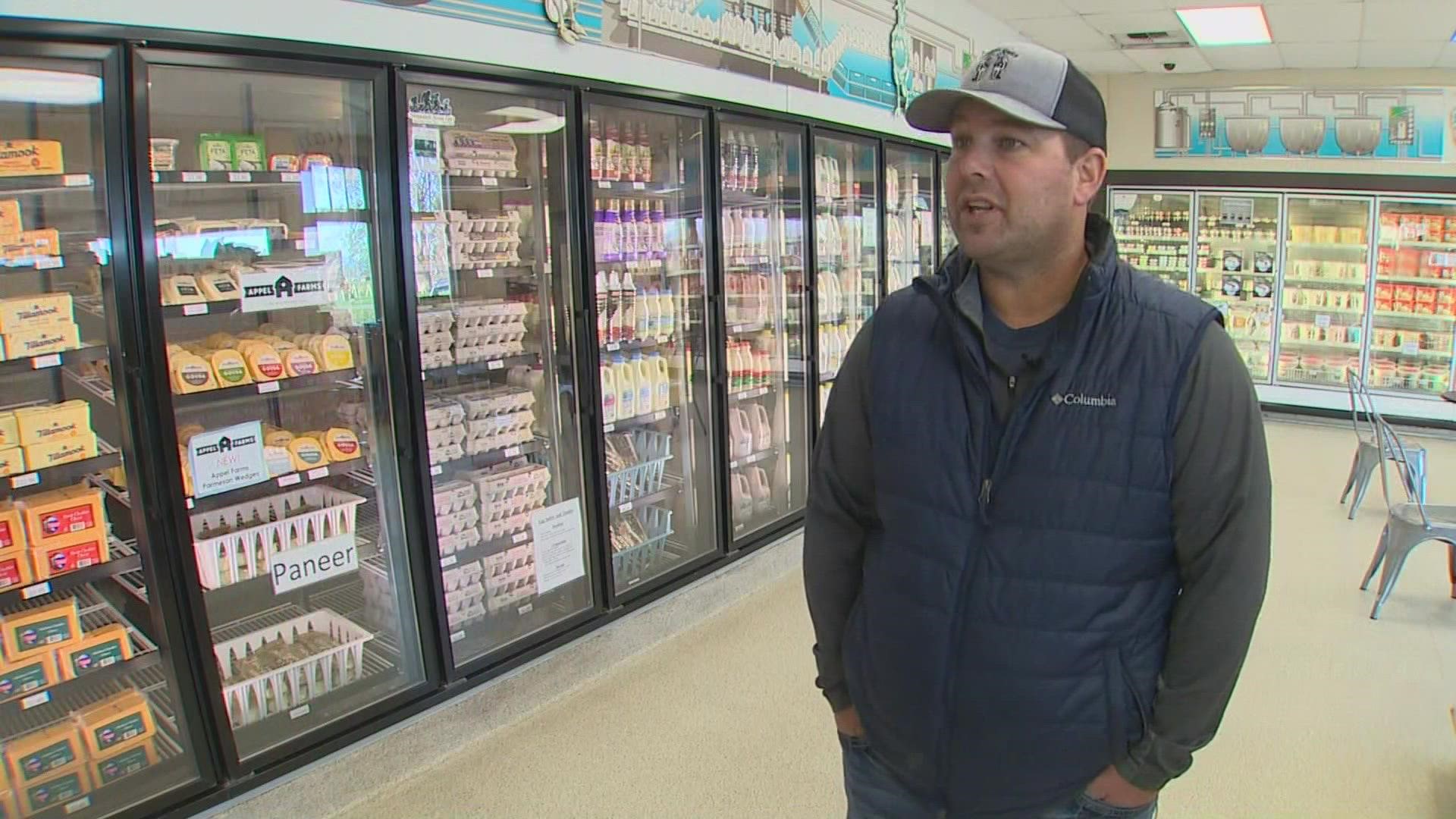Editor's note: The above video on costly COVID-19 molecular tests originally aired Nov. 8, 2021.
BLAINE, Wash. - The Canadian government is making some modifications to its COVID-19 travel rules starting at the end of November.
On Nov. 30, those fully vaccinated against COVID-19 whose trips are originating in Canada can reenter the country within 72 hours without presenting a pre-entry molecular test.
The new rule only applies to those who are fully vaccinated and are either Canadian, a permanent resident or an individual registered under the Indian Act. Also, travelers must depart and re-enter by land or by air and demonstrate that they’ve only been away from the country for less than 72 hours.
The exemption extends to accompanying children under 12 years old and those with a medical condition preventing them from getting the COVID-19 vaccine.
Many felt that the testing requirement on even short trips could deter Canadians from entering the U.S. and contributing to the economy. A molecular test can cost roughly $150 to $300.
Those traveling outside of Canada for more than 72 hours will need to show proof of a negative molecular test prior to returning to Canada.
"The upcoming changes to Canada’s border testing and entry requirements reflect the next stage in our government’s approach as we align with the improving vaccination rates both here in Canada and around the world," Minister of Health Jean-Yves Duclos said. "The situation at our borders remains closely monitored, with officials and experts continuing their work to evaluate the measures in place and recommend necessary adjustments as required.”
Additionally, the country will expand its accepted COVID-19 vaccines starting Nov. 30 to include the Sinopharm vaccine, COVAXIN and Sinovac, all of which were developed in Asia.
Canada currently accepts the Pfizer, Moderna, Johnson & Johnson (J&J) and AstraZeneca vaccines.
On Jan. 15, Canada is dropping vaccine exemptions for certain groups of travelers that were previously allowed into the country without being fully vaccinated. These groups include those traveling to reunite with family unless they are under 18 years old, international students unless they are under 18 years old, professional and amateur athletes, those with valid work permits and essential service providers, including truck drivers.
Following Jan. 15, the only foreigners who will be allowed into Canada without being fully vaccinated are agricultural and food processing workers, marine crew members, new permanent residents, resettling refugees and certain children under 18 years old.
For all other foreigners to get into Canada, travelers must have gotten two doses of one of the approved vaccines or one dose of the J&J vaccine 14 days prior to travel date, upload proof of vaccination in ArriveCAN, have no symptoms of COVID-19 and meet pre-entry testing and other requirements.
Canada opened its border to U.S. citizens in early August after closing it in March 2020 due to the pandemic.
The U.S. later reopened its border to Canada in early November to those who are fully vaccinated.

